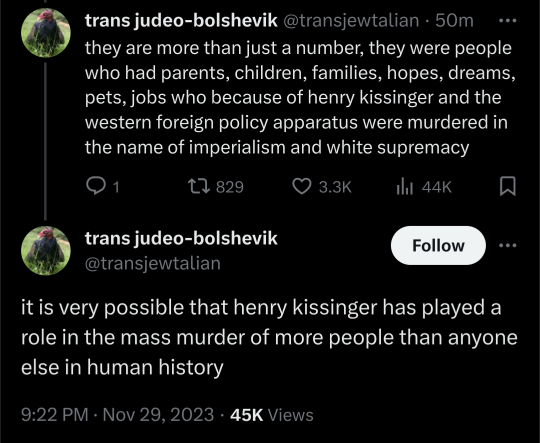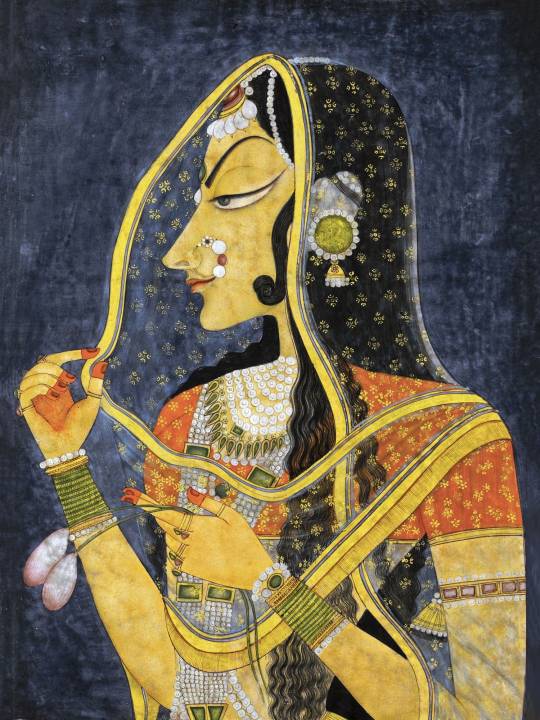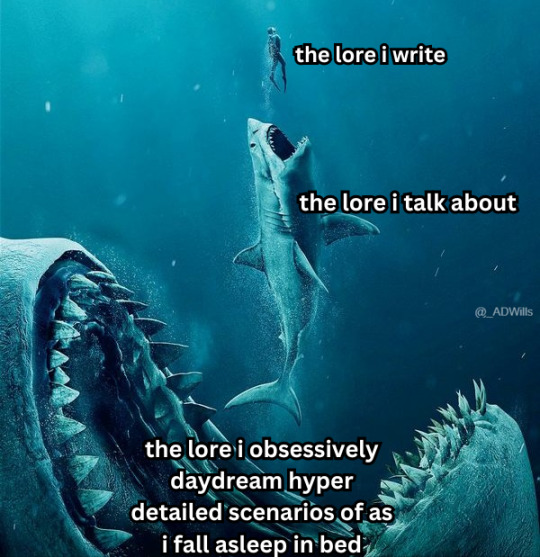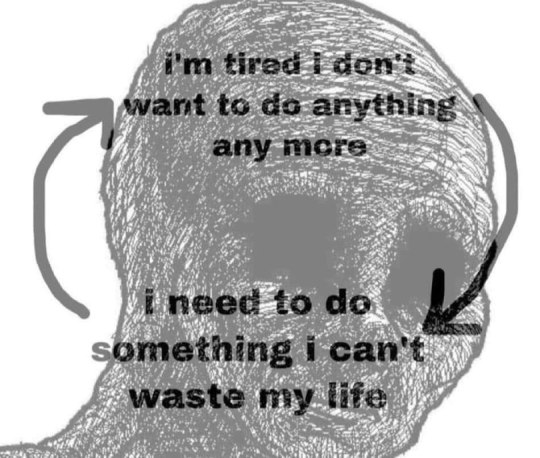Text
I like to do surface level reading because when you do in-depth reading, you tend to miss a lot.
0 notes
Text
“He who has sat alone with his soul day and night, year in year out, in confidential discord and discourse, and in his cave – it may be a labyrinth, but it may be a gold-mine – become a cave-bear or treasure-hunter or a treasure-guardian and dragon, finds that his concepts themselves at last acquire a characteristic twilight colour, a smell of the depths and of must, something incommunicable and reluctant which blows cold on every passer-by. The hermit does not believe that a philosopher – supposing that a philosopher has always been first of all a hermit – has ever expressed his real and final opinion in books: does one not write books precisely to conceal what lies within us? – indeed, he will doubt whether a philosopher could have ‘final and real’ opinions at all, whether behind each of his caves there does not and must not lie another, deeper cave – a stranger, more comprehensive world beyond the surface, an abyss behind every ground, beneath every ‘foundation’. Every philosophy is a foreground philosophy – that is a hermit’s judgment: ‘there is something arbitrary in the fact that he stopped, looked back, looked around here, that he stopped digging and laid his spade aside here – there is also something suspicious about it.’ Every philosophy also conceals a philosophy; every opinion is also a hiding-place, every word also a mask.”
— Friedrich Nietzsche, Beyond Good and Evil
38 notes
·
View notes
Text
"On claims of being objective"
They all pose as though their real opinions had been discovered and attained through the self-evolving of a cold, pure, divinely indifferent dialectic (in contrast to all sorts of mystics, who, fairer and foolisher, talk of "inspiration"), whereas, in fact, a prejudiced proposition, idea, or "suggestion," which is generally their heart's desire abstracted and refined, is defended by them with arguments sought out after the event. They are all advocates who do not wish to be regarded as such, generally astute defenders, also, of their prejudices, which they dub "truths,"—and VERY far from having the conscience which bravely admits this to itself, very far from having the good taste of the courage which goes so far as to let this be understood, perhaps to warn friend or foe, or in cheerful confidence and self-ridicule.
from Chapter I of "Beyond Good and Evil" by Friedrich Nietzsche
as translated by Helen Zimmern
2 notes
·
View notes
Text
In 2014 agricultural subsidies again became a sticking point when India threatened to block a WTO agreement to simplify trade procedures that would, many hoped, revive the stalled Doha Round. The agreement was likely to benefit rich countries more than poor ones, and India wanted, in return, progress on a proposal supported by many developing countries to ensure that government programs that buy food from local farmers and distribute it to the poor are not considered illegal agricultural subsidies. India’s commerce minister, Nirmala Sitharaman, described it as regrettable that the WTO could not agree on how to treat India’s efforts to provide food for its poor “while the rich world can continue to subsidize their farmers unabatedly.” The trade facilitation agreement was eventually approved when, in an arrangement seen as a victory for the Indian government, the United States agreed not to challenge India’s food security program, and India withdrew its opposition.
(In Peter Singer's "One world now: the ethics of globalization" citing contemporary articles India and US reach WTO breakthrough over food - BBC News)
WTO and WEF (and many UN institutions) have always been the tools to exert western hegemony and corporate interests (and by extension, colonial values) onto the rest of the world. We should be very careful and accepting the value these organizations project and the ones they concede to.
0 notes
Text
Santa Claus is actually on the decision making side of the christmas present chain. The guy on the distribution side, he is called Banta Claus.
0 notes
Photo
Oh the post covid partiarchal resurgence is universal.


48K notes
·
View notes
Text


For those wondering why their dash is suddenly crab raves
20K notes
·
View notes
Photo

Wall hanging (detail), cotton appliqué, Gujarat for the Western market, ca. 1700
2K notes
·
View notes
Photo

Francis Newton Souza (Indian, 1924-2002) - Untitled (Head), oil on canvas, 81.90 x 61.30 cm (1962)
146 notes
·
View notes
Photo

Chinese Brushwork meets Indian Cinema: Zhang Daqian‘s Indian Actress (1950)
238 notes
·
View notes
Photo

René Magritte (Belgian,1898-1967)
Le coeur du monde, c. 1955
Oil on canvas
337 notes
·
View notes
Photo

Nihâl Chand (Indian,1710-1782)
Bani Thani, c. 1750
235 notes
·
View notes
Photo

She rushed out of the palace…and came to the upper world, Frontispiece from Folk-Tales of Bengal by Warwick Goble (1912)
603 notes
·
View notes
Text
हिंदी हाइकु: "अलग"
चंबल पार
रहने वाले लोग
अलग होंगे
(people living
across chambal
may be different)
1 note
·
View note


